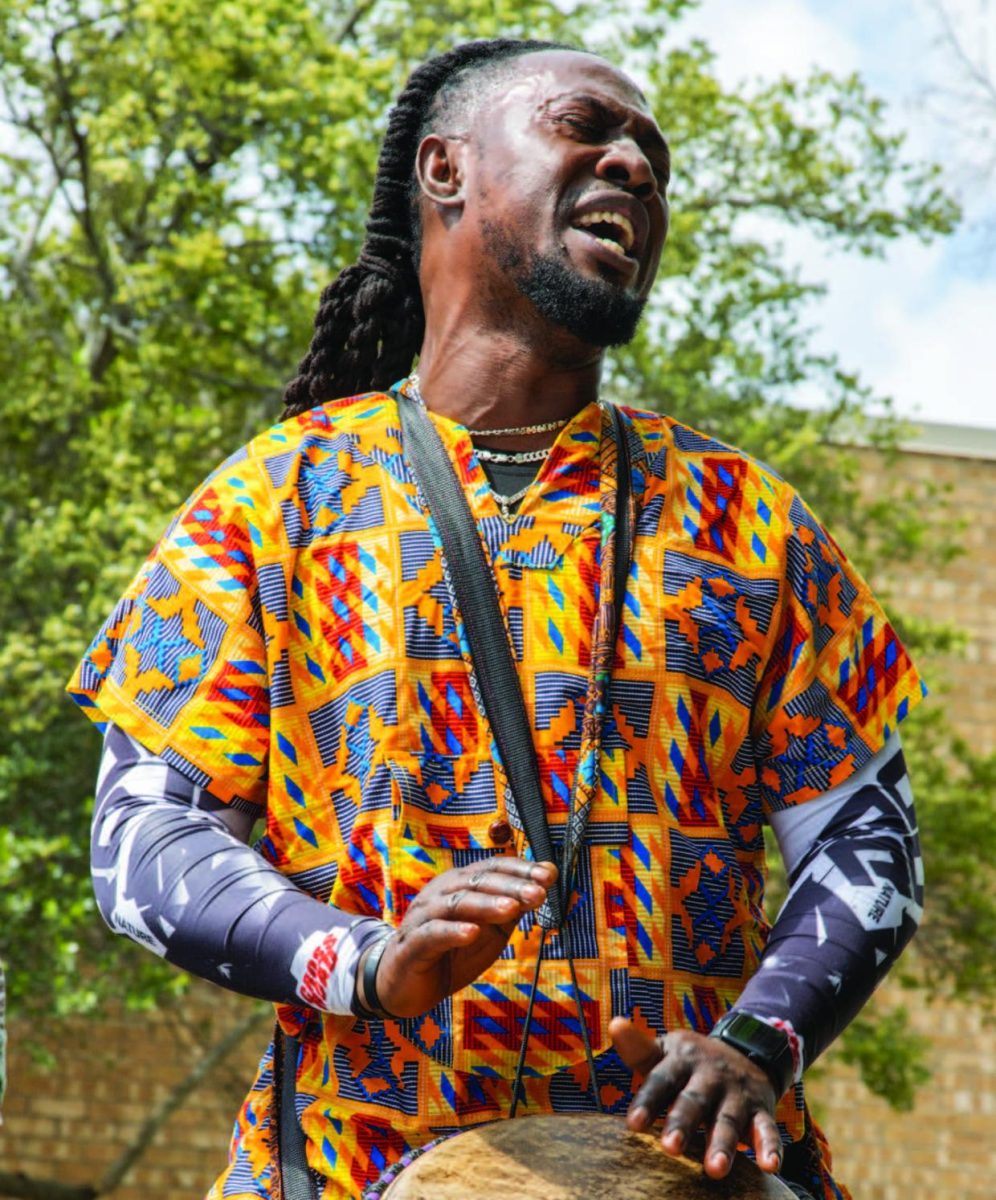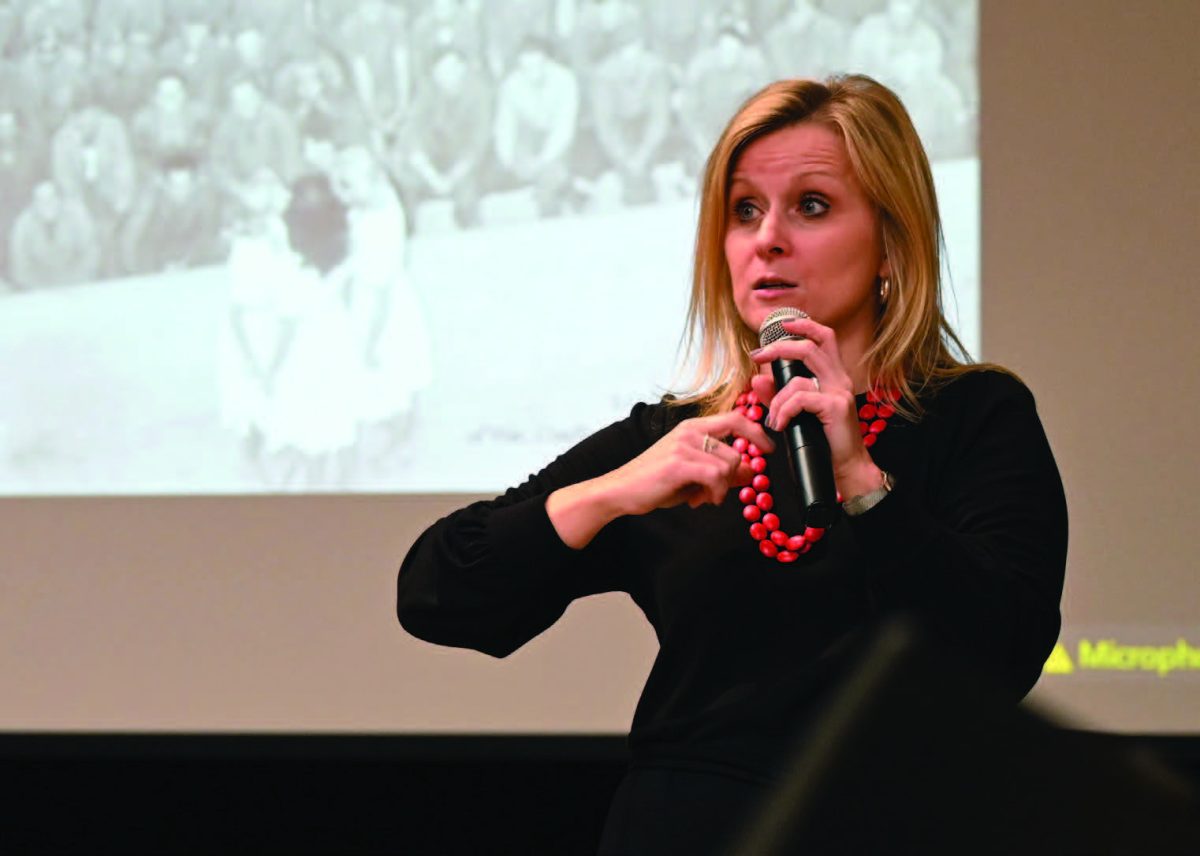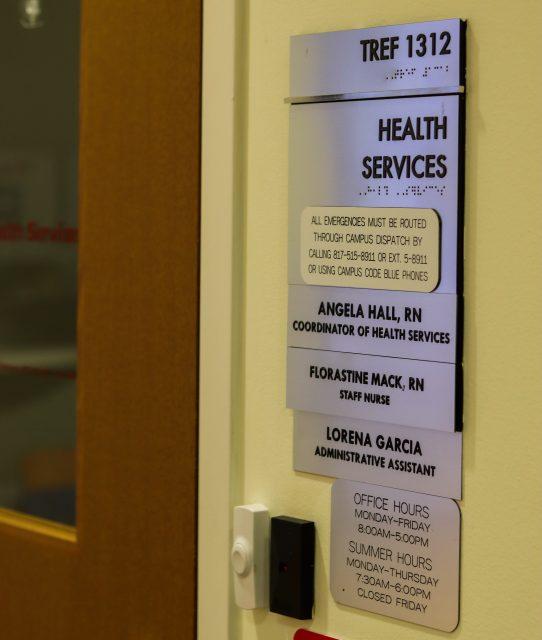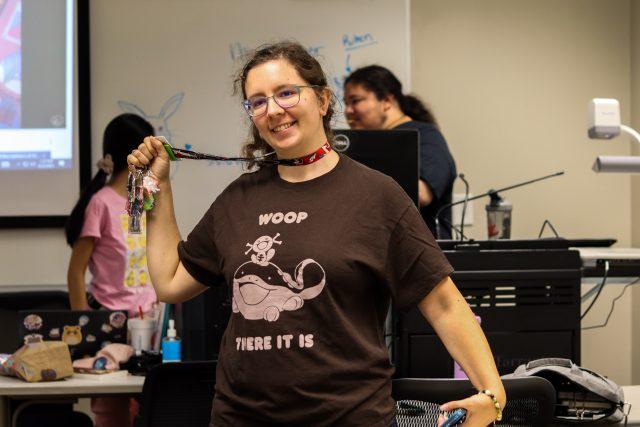OLLA MOKHTAR
campus editor
olla.mokhtar@my.tccd.edu
For some, it takes years to immigrate.
Luckily for her, it took her only one.
NE student Mena Kennedy came to the U.S. dreaming of a better life. However, their experiences may not have the same idea as their dreams.
Starting the immigration process from Vietnam at just 11 years old, Kennedy said the reason she immigrated was because her mom remarried. She said it usually takes years to immigrate into the U.S., but because her mother was getting married, it only took one year.
Recalling the process, she said she remembers the embassies kept her and her mother there to keep them from going forward with the process. They were trying to immigrate legally, and it was still hard.
“I was looking forward to a new life because the chance for me to succeed as a kid who was obviously neurodivergent in a country like Vietnam was super low,” she said. “I could not keep up with everything considering I went to one of the top schools in the city I was in, and they were so competitive. They were always taking exams, and my mental health was declining. I ended up doing better in the U.S. because I had more freedom to choose what I could learn and what I chose to pursue.”
Once she attended school in America, she experienced culture shock with her first encounter with racism.
“Surprisingly, the kid that was bullying me was also a person of color,” she said. “It was obvious that he learned it from somewhere and was trying to take it out on me because I was new. I didn’t know how to speak his language. I didn’t know how to defend myself, so he targeted me because of that. I just felt alone most of the time because I didn’t know what people were saying about me most of the time, but when I learned I zoned back out because they weren’t saying anything nice.”
Kennedy said she felt she was forced to assimilate to the environment under pressure. But the assimilation, once set in place, had its drawbacks when she realized people didn’t like her because of where she was from.
“I needed to realize that it wasn’t my fault,” she said. “It was a result of their prejudice, what their parents taught them, what their immediate or distant families taught them, what their friends taught them, what their teachers might have taught them.”
Despite this, she said she ended up meeting a lot of friends that helped her navigate middle school which she is grateful for. Kennedy said she felt so alone all the time, not being able to understand what was being said about her.
“I’ve learned how to stand up for myself,” she said. “I’ve been bullied most of my life and have been taught to take it and move on, but now I know how to properly set boundaries to say ‘No,’ to let people be upset if they’re not happy with it.”
Currently, Kennedy is 19 and has severed ties with her biological family because she stayed steadfast within her boundaries. She explained that in her family, her parents were stuck in their ways, hindering her mental health and self-esteem so it made her think of family in a different way.
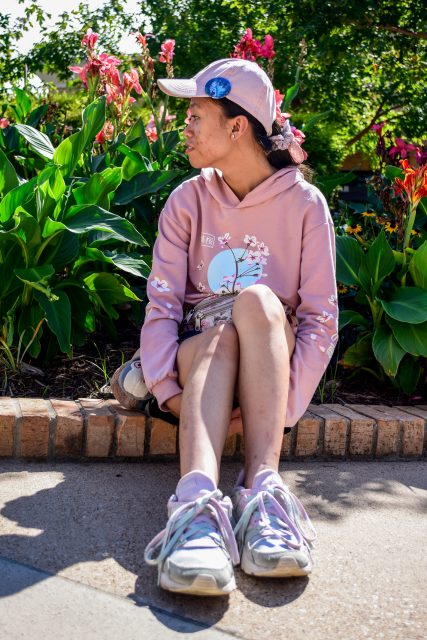
Kennedy is pursuing a degree in art, and she owns a small business selling her art.
She said that her boundaries, wishes and desires were not respected due to toxic and illogical cultural traditions and mindsets her family didn’t agree with.
“I can lose my family in the blink of an eye,” she said. “But when I seek out a family of my own, I get to choose to walk away or not. Even though I didn’t choose them, I get to choose to walk away or at least not deal with them.”
She said her “found family,” consisting of friends, family friends and others were different from her biological one because they gave her one thing the other didn’t – respect.
“Basic respect is there for me as a human being,” she said. “There’s little to no power imbalance when it comes to basic respect, love and understanding, and I just experienced a lot of that at home. That’s all I’ve known and when I meet the people, I consider family and friends now, I’m still not used to it. It’s definitely something I should’ve gotten beforehand, before seeking out friendships, relationships. When I met my boyfriend, I realized ‘Oh, this is how it’s supposed to be. I’m not supposed to be ordered around and pressured into doing something I don’t like.’”
Not respecting personal choices or the choice to remove herself from any situation is a recipe for an abusive relationship, which no one taught her.
“I was supposed to be this loyal, good Asian daughter,” she said. “And it’s like I can be that only if I can receive my love and support at the same time. It feels like in our culture, we don’t treat children like human beings. We treat them like little trophies.”
She said that in her culture parents often carry their children around, boasting about how well they’re doing with sports, school, clubs or jobs. She said parents end up not respecting their children’s privacy, constantly asking who they’re with, where they are and what they are doing.
“That’s conditional love,” she said. “ “You’re conditioning your children to work hard for your love even though they deserve it just for existing.”
One thing she appreciates about a member of her “found family” is the fact that her and NE student Ruben Moncivais can always point out each other’s faults while still being respectful of each other. They met senior year of high school and have been best friends ever since.
“I appreciate her ability to work through and persevere through a lot of things she’s gone through,” Moncivais said. “I think she has a lot of strength for who she is, and she deserves to be praised for that.”
They said meeting her was the best thing that could’ve happened and that it was a good memory to look back on.
“I think meeting her taught me I don’t have to be silly all the time,” they said. “I could have serious friendships and I could be a better person too.”
Through her interest in anime, Kennedy met Paige Duffy, Anime and Japanese Culture Club adviser and NE English instructor. They met two years ago when she joined the club as the secretary and now has stepped up to become the president.
Describing her as hard-working, dedicated, creative and focused, Duffy said they appreciate the fact that she stepped up to her position without previous experience and acclimated to being president very well.
“I really appreciate her honesty with things, she’s very upfront,” they said. “She’s always like, ‘This is what needs to be said. This is what we need to do. We need to make sure we’re communicating stuff clearly.’ She is such a hard worker, a really good inspiration for everyone working in the club too.”
Duffy said Kennedy confided in her with personal issues and helped her financially as well.
“I think that’s what makes her so impressive,” they said. “It’s that she has all this going on and she’s still showing up and doing this completely optional thing that she likes doing.”
Kennedy believes she has more genuine friends now because there no cultural stigmas and pressures around staying loyal to them.
“I’m overall more confident in my own choices and in my own resolve because growing up being suppressed all my life makes me not care if people disapprove of me.”


























